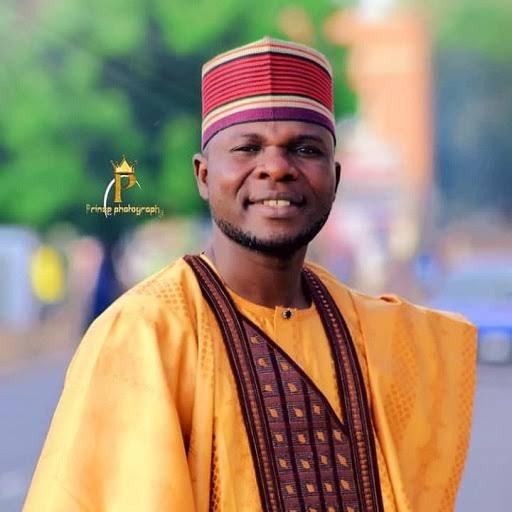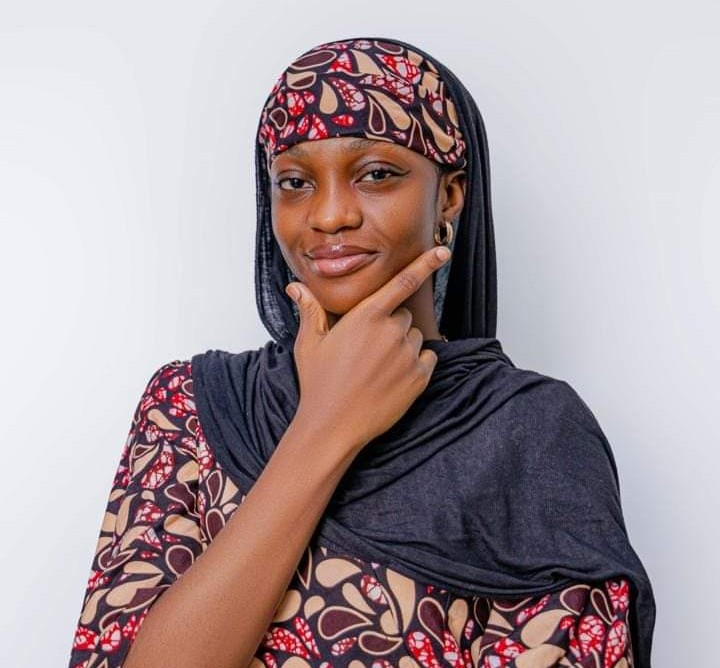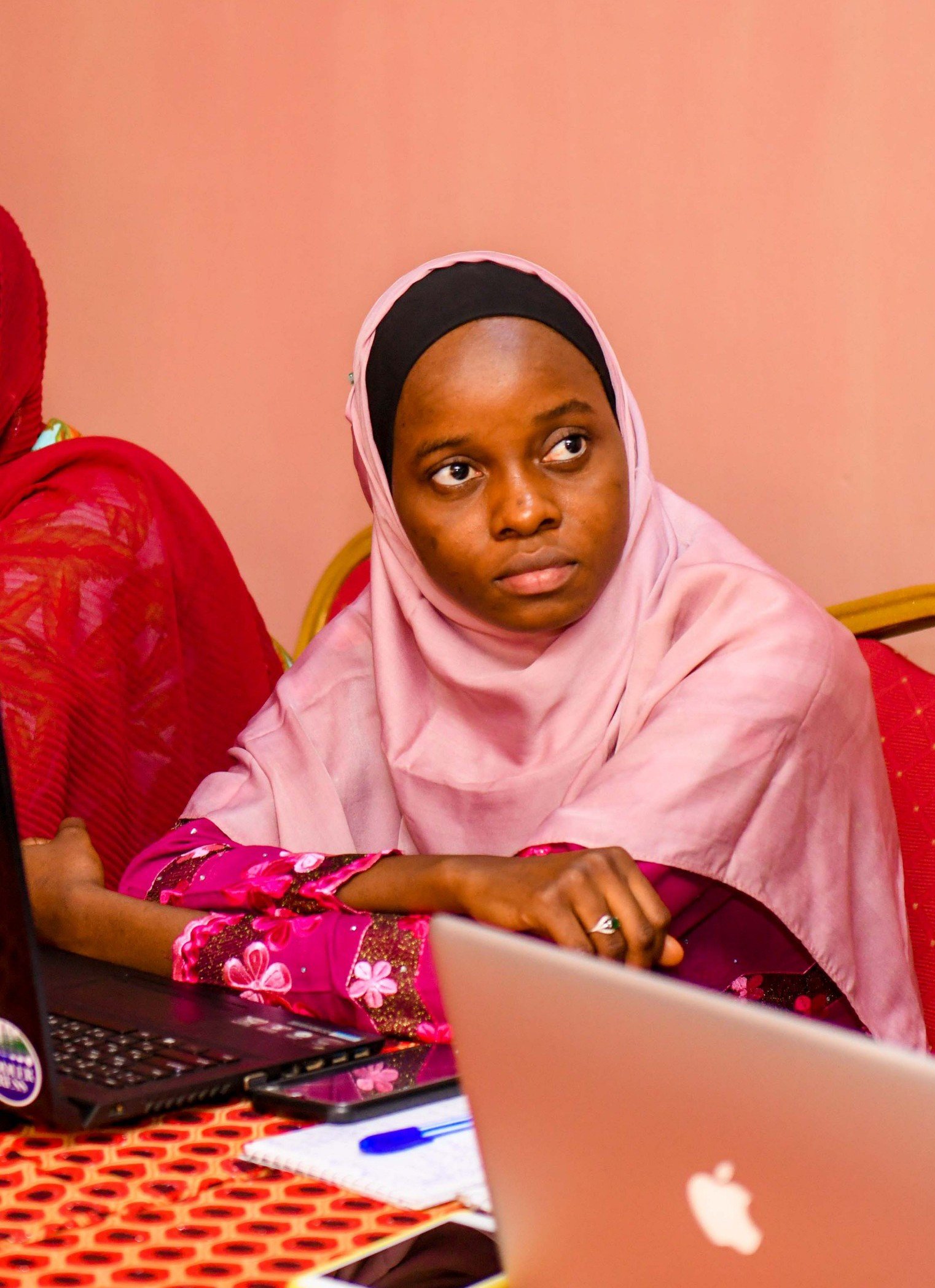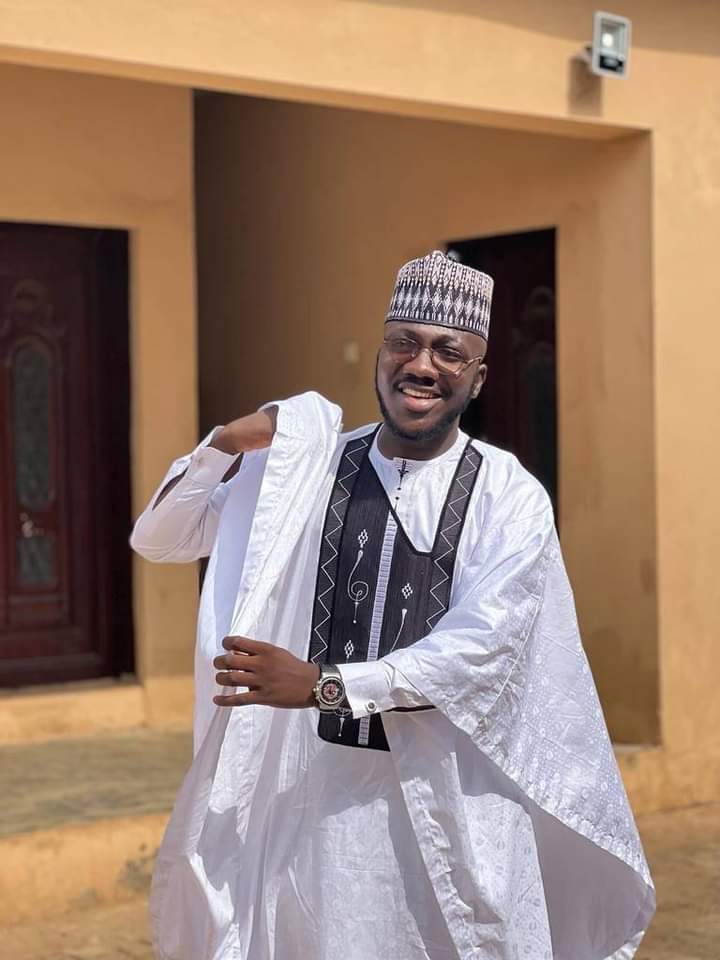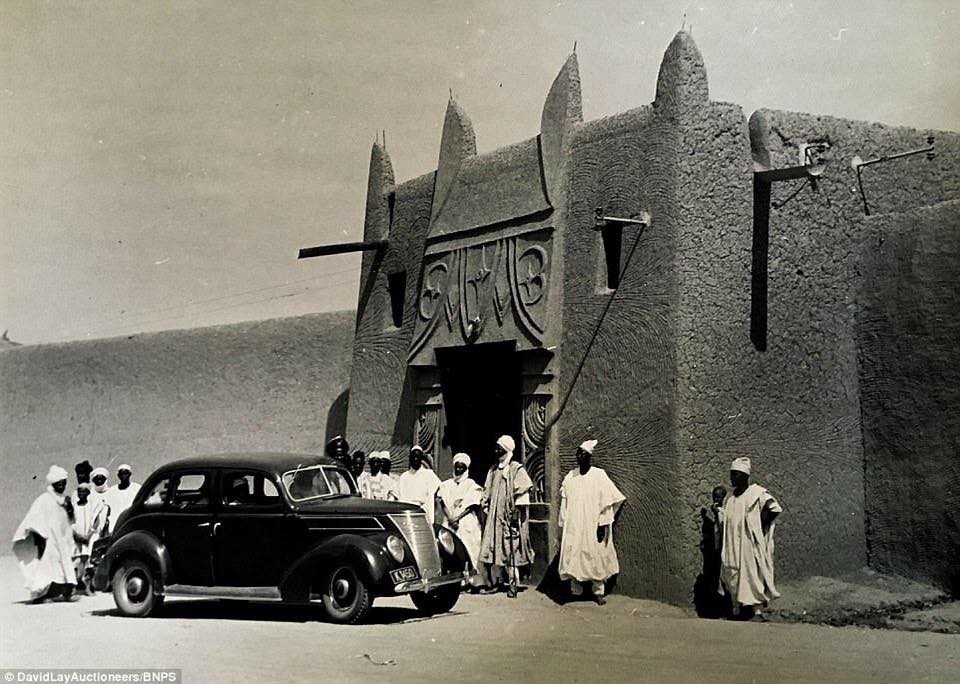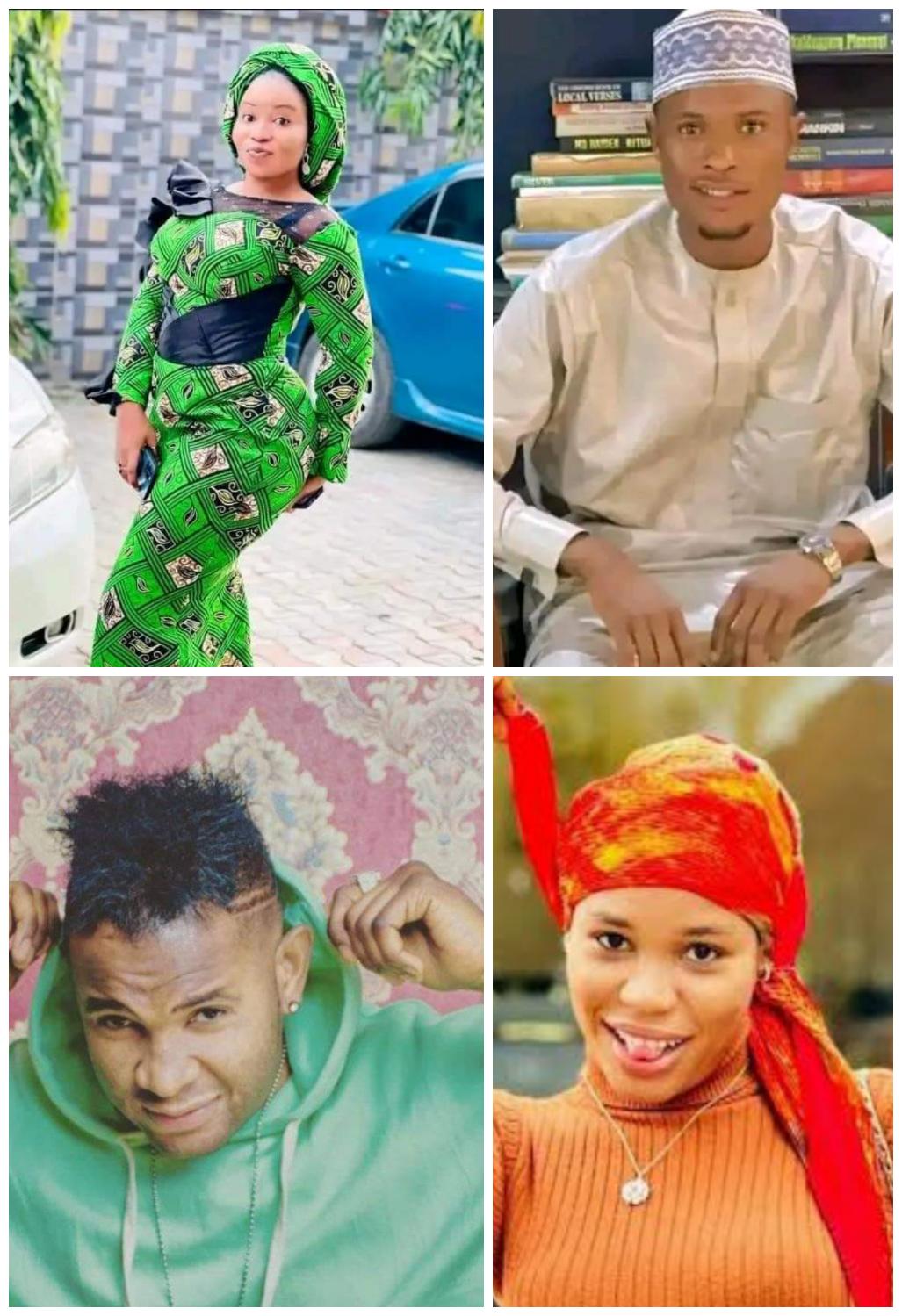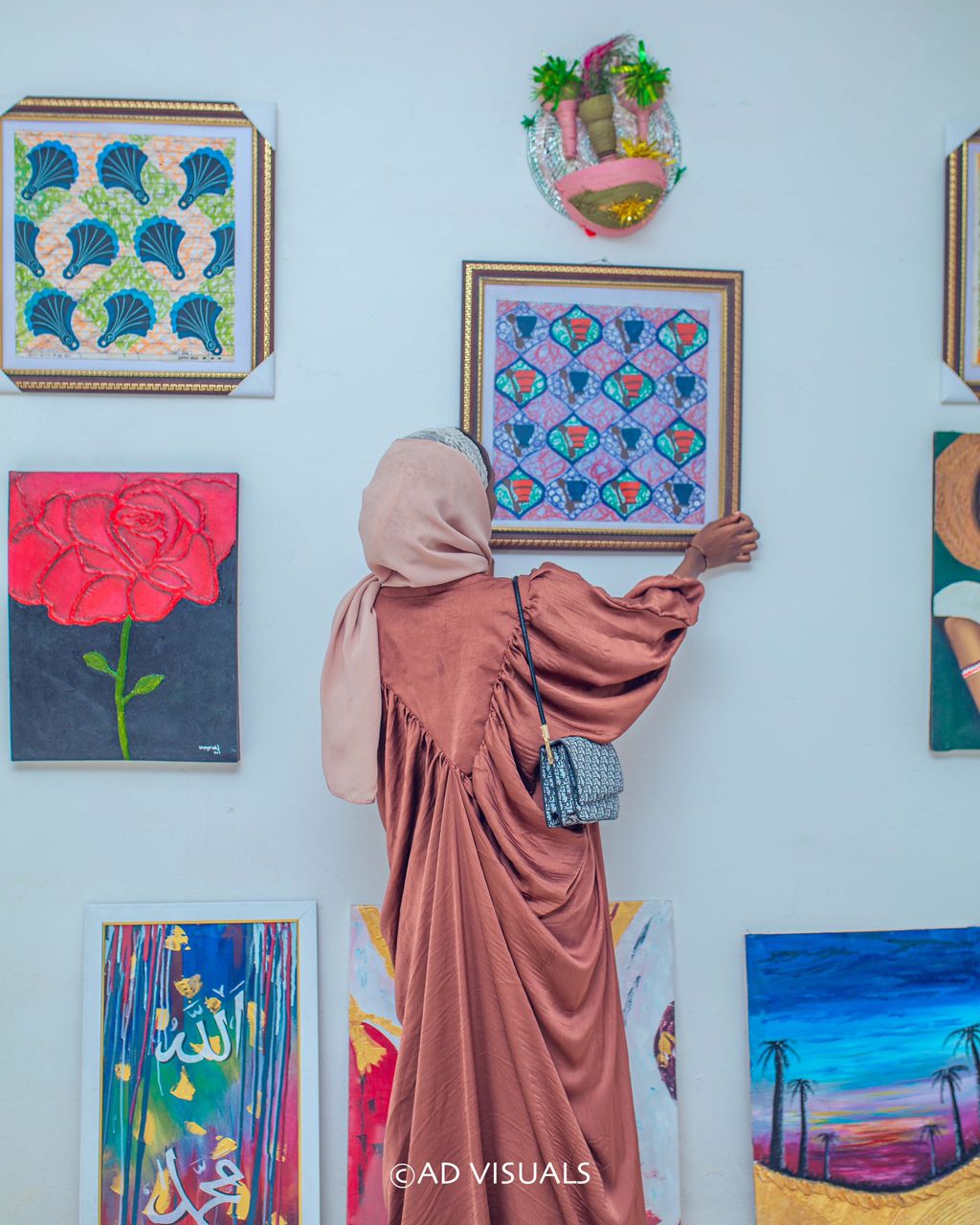Deciphering the complexity of “Ass” in American English
By Abdurrazak Muktar Makarfi For non-native English speakers, grasping the subtleties and complexities of the English language can be a challenging endeavour. From its extensive vocabulary to its subtle nuances,…

